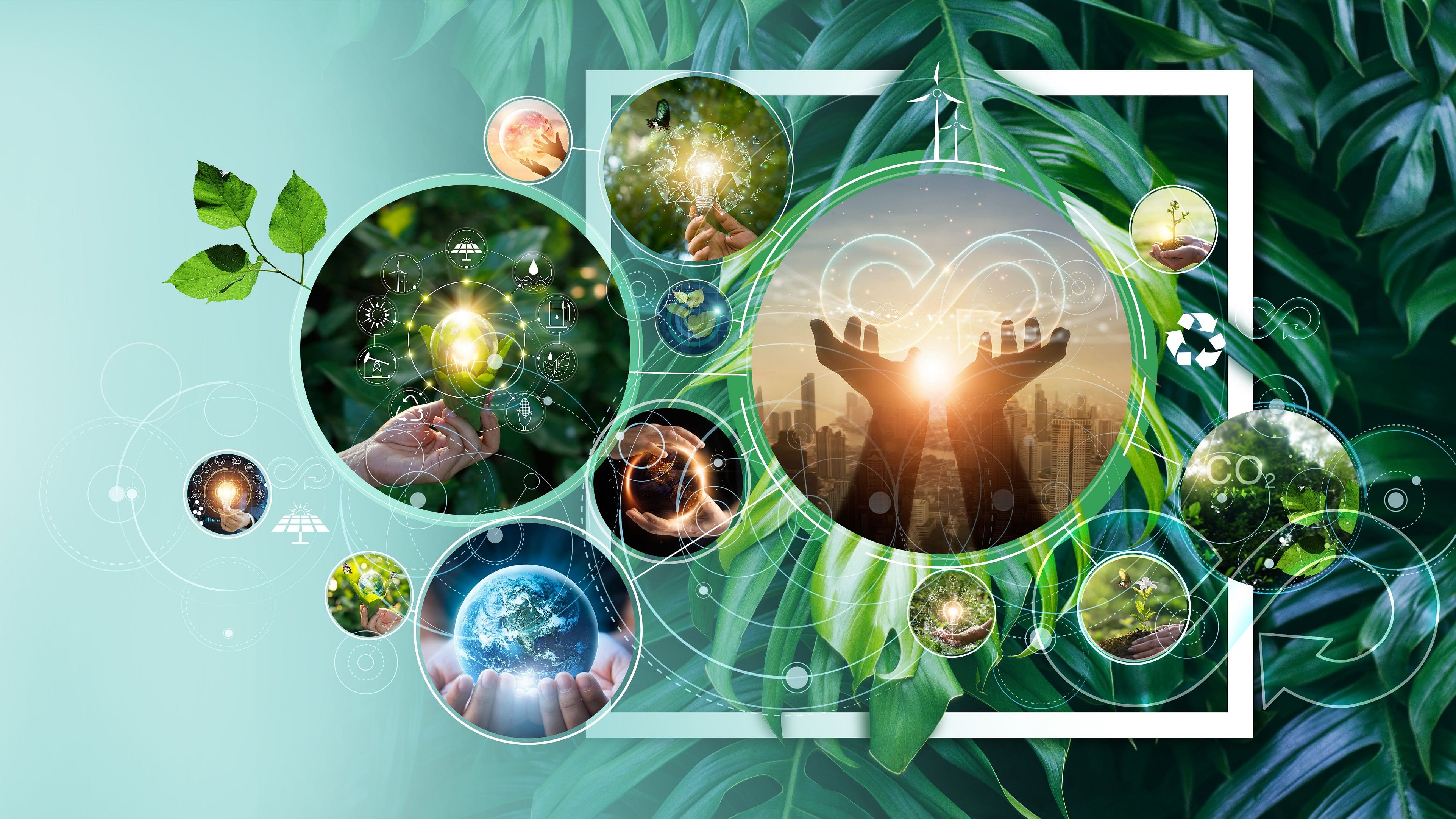
Representative image
Credit: iStock Photo
Mumbai: The planet will only remain able to provide even a basic standard of living for everyone in the future if economic systems and technologies are dramatically transformed and critical resources are more fairly used, managed and shared, according to a new research published in The Lancet Planetary Health.
This new paper identifies the “Safe and Just Space” - within which harm to humans and nature can be minimised while everyone can be provided for - and sets out the paths to reach and stay in this Space.
The report is co-authored by over sixty leading natural and social scientists from the Earth Commission - an international science commission hosted by Future Earth, and the scientific cornerstone of the Global Commons Alliance.
The report is led by Prof. Joyeeta Gupta, Prof Xuemei Bai, and Prof. Diana Liverman and builds on the Safe and Just Earth System Boundaries published in Nature last year, which found that most of the vital limits within which people and the planet can thrive have been surpassed.
In this new work, the researchers made projections forwards to 2050, and found that the “Safe and Just Space” will shrink over time, unless urgent transformations are made. For climate specifically they found that, if significant changes aren’t made now, by 2050 there will be no Safe and Just Space left. That means that even if everyone on the planet only had access to the resources necessary for a basic standard of living in 2050, the Earth will still be outside the climate boundary. Earth systems face the risk of crossing dangerous tipping points which would cause further significant harm to people around the world - unless energy, food and urban systems are urgently transformed.
Gupta, former co-chair of the Earth Commission, and Professor of Environment and Development in the Global South at the University of Amsterdam, said: “We’re beginning to realise the damage that inequality is doing to the Earth. Increasing pollution and poor management of natural resources is causing significant harm to people and nature. The longer we continue to widen the gap between those who have too much and those who don’t have enough, the more extreme the consequences for all, as the support systems which underpin our way of life, our markets and our economies begin to collapse.”